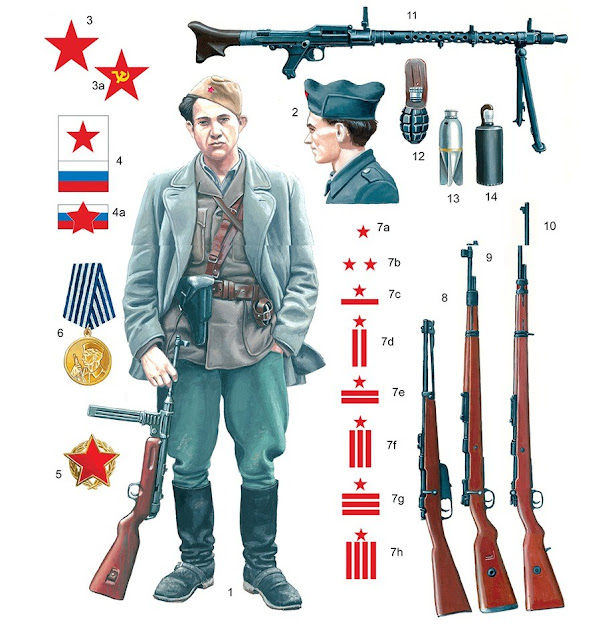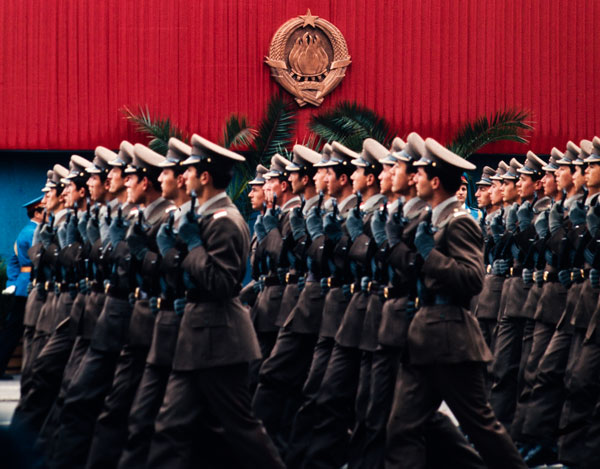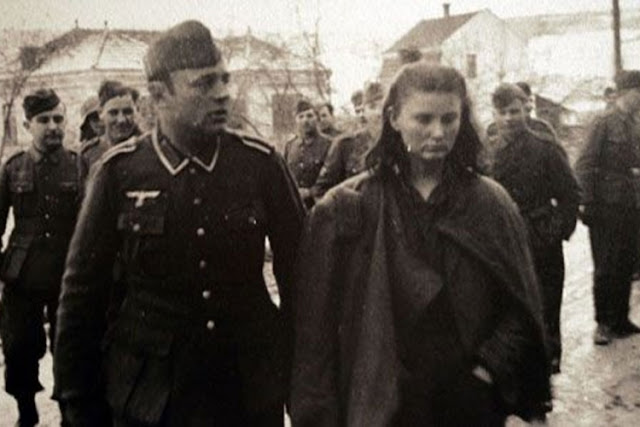The Amnesty in the People's Liberation Struggle
 |
| Marsal Tito's last call for amnesty |
The amnesty in the People's Liberation Struggle was
applied several times and referred to various perpetrators of criminal acts,
who sinned against the achievements of the liberation struggle and the
interests of the people.
The first official
amnesty was the call of the Supreme Commander of the People's Liberation Army
and Yugoslav Partisan Detachments, Yugoslav Marshal Josip Broz Tito, from
August 30, 1944, to all Croatian and Slovenian home guards, Chetniks and
members of other enemy armed formations to leave the occupier and join the
People's Liberation Army. It was emphasized in this invitation that all those
who joined the National Liberation Army by 15 September 1944 would be forgiven
for their participation in enemy formations, except for those who had committed
serious crimes and that officers would be recognized for their ranks. The summons states that those who do not join the National Liberation Movement by a certain deadline will be considered traitors to the people and will be brought
before a court-martial and punished with the most severe punishment.
 |
| Home guards who surrendered, in liberated Slavonska Požega, in September 1944 |
This call had a strong
echo, especially among the Croatian home guards, so that the complete units
with all the weapons and command staff crossed over to the side of the National
Liberation Army.
The decision on the
general amnesty of persons who participated in Draža Mihailović's Chetnik
ranks, Croatian units, and Slovene Home Guard units were made on 21 November 1944
by the Presidency of AVNOJ (SI. List DFJ no. 1/1945).
 |
| Arrival of home guards in the village of Miškovce, Srijem on September 11, 1944, when entering the NOVJ |
After liberation, the
command of a general amnesty and pardon was adopted on 3 August 1945 (Fig.
Gazette DFY no. 56/1945). On the same date, the Decree on Amnesty and Pardon of
Convicts in Macedonia was issued (SI. List DJF No. 60/1945). During and after
1946, amnesty and pardon laws were passed for many perpetrators convicted of
crimes during the NOR.





Comments
Post a Comment